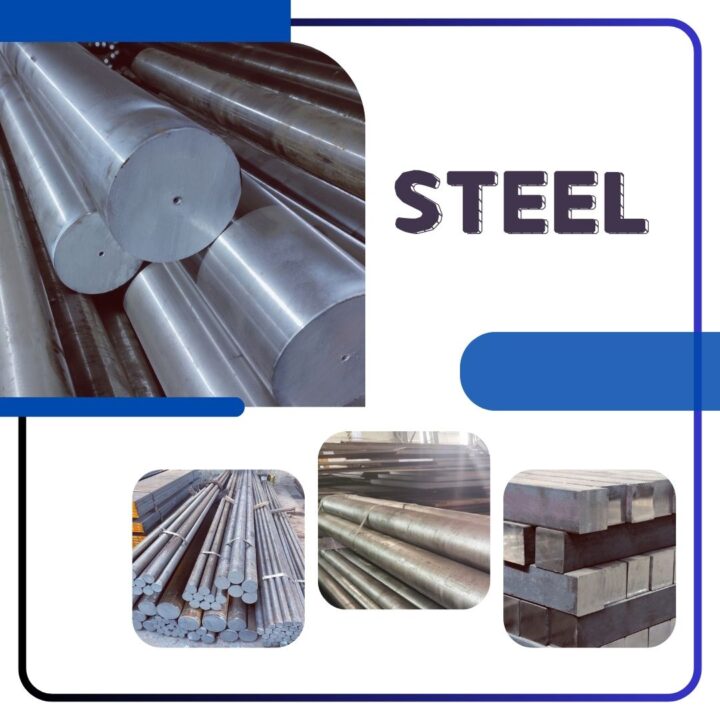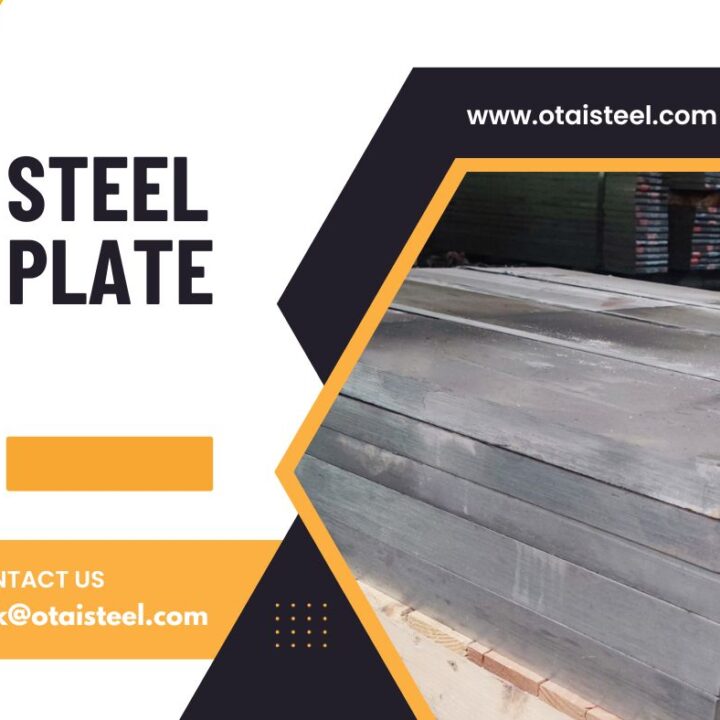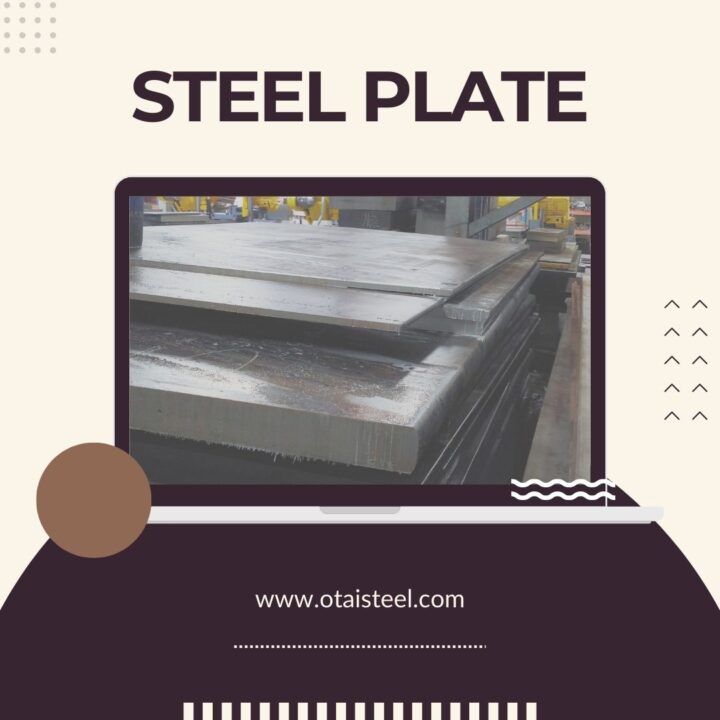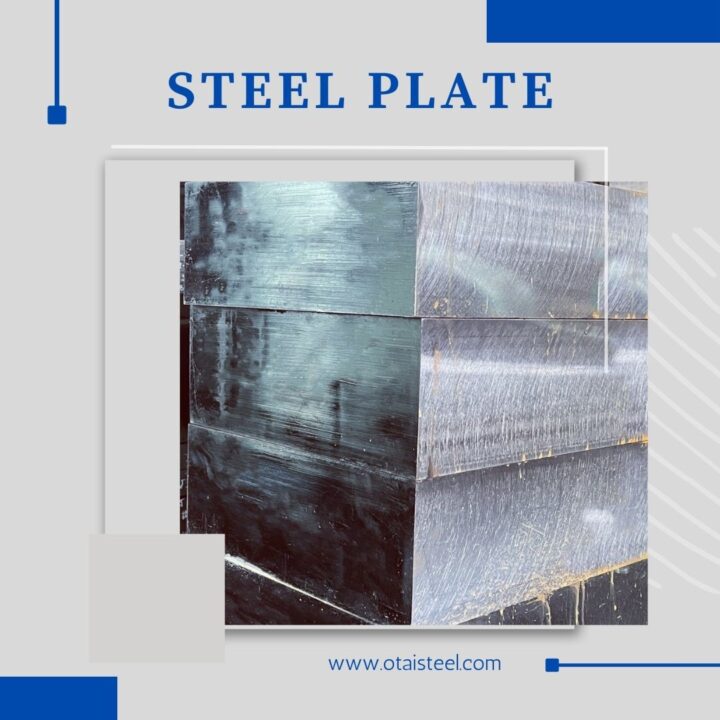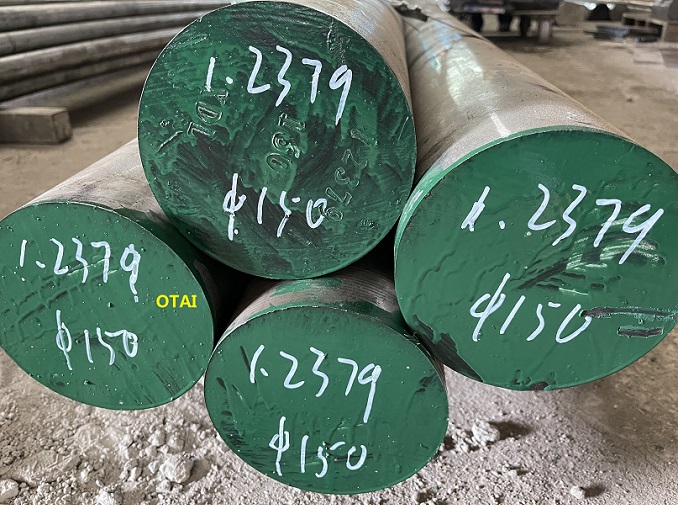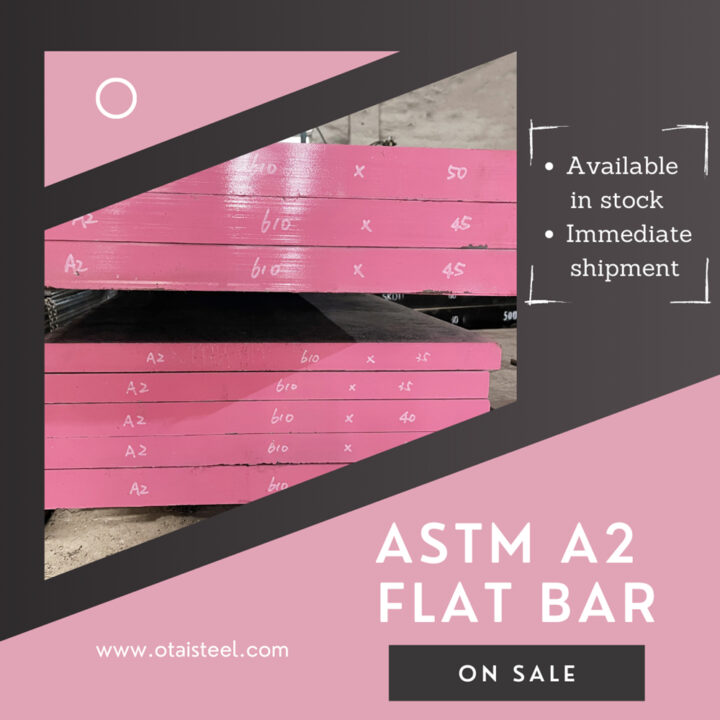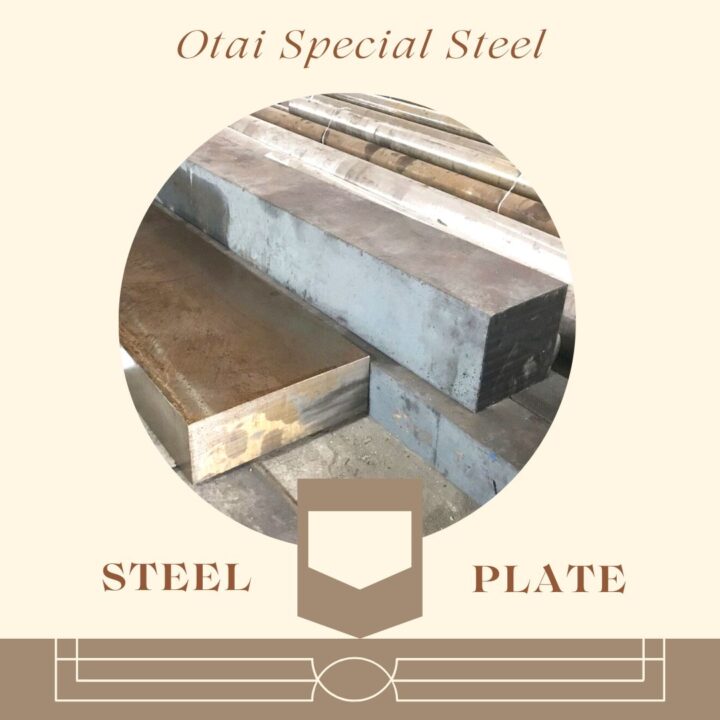In the dynamic landscape of modern industry, materials play a pivotal role in shaping the efficiency, reliability, and overall performance of machinery and components. Among the myriad alloys available, 8620 alloy stands out as a versatile and indispensable material. Its unique combination of properties makes it a cornerstone in various industrial applications, contributing to the advancement and success of modern engineering. Let’s delve into the versatility of 8620 alloy and its key roles across different sectors of industry.
1. Automotive Engineering:
- Gearing Excellence: 8620 alloy is a preferred choice for manufacturing gears and transmission components in automotive systems. Its excellent case-hardening properties, coupled with machinability, contribute to the durability and precision required for smooth and reliable gear operations in vehicles.
2. Aerospace Applications:
- High-Flying Strength: In the aerospace industry, where materials must withstand extreme conditions, 8620 alloy finds its place in critical components like aircraft landing gear. Its ability to handle impact loading, coupled with its machinability, ensures the safety and performance of aerospace systems.
3. Oil and Gas Exploration:
- Resilience in Harsh Environments: Components used in oil and gas exploration demand materials that can endure harsh conditions. 8620 alloy, with its resistance to fatigue and adaptability to heat treatment, is employed in critical components such as drill collars and gears, contributing to the efficiency and reliability of exploration operations.
4. Industrial Machinery:
- Versatile Machinery Components: In the realm of industrial machinery, 8620 alloy plays a crucial role in manufacturing various components, including shafts, gears, and pins. Its versatility and cost-effectiveness make it a preferred choice for manufacturers aiming to balance performance and production costs.
5. Tool and Die Making:
- Precision Tooling: The machinability and case-hardening characteristics of 8620 alloy make it invaluable in tool and die making. Its adaptability allows for the production of intricate tooling with hardened surfaces, ensuring longevity and wear resistance in manufacturing processes.
6. Hydraulic Systems:
- Reliable Hydraulic Components: The ability of 8620 alloy to withstand both pressure and cyclic loading makes it a reliable choice for hydraulic systems. Components such as pistons and cylinders benefit from the alloy’s strength and machinability.
7. Automotive Transmissions:
- Efficient Transmission Components: Within automotive transmissions, 8620 alloy is utilized in critical components like transmission gears and shafts. Its excellent machinability enables the precise manufacturing of these components, contributing to the efficiency and reliability of the transmission system.
8. Mechanical Engineering Applications:
- Diverse Mechanical Components: The adaptability of 8620 alloy makes it suitable for a wide range of mechanical engineering applications. From crankshafts to connecting rods, the alloy’s unique combination of properties enhances the performance and longevity of various mechanical components.
9. Construction Equipment:
- Rugged Reliability: Construction equipment demands materials that can withstand heavy loads and challenging working conditions. 8620 alloy, with its strength and toughness, is employed in components such as axles and gears, contributing to the rugged reliability of construction machinery.
10. Renewable Energy Systems:
- Wind Turbine Components: In the realm of renewable energy, 8620 alloy finds application in the manufacturing of components for wind turbines. Its resilience and durability make it a reliable choice for gears and other critical parts, ensuring the efficient generation of clean energy.
In the fast-paced landscape of modern industry, 8620 alloy emerges as a versatile and indispensable material. It seamlessly integrating into diverse applications across automotive engineering, aerospace, oil and gas exploration, industrial machinery, tool and die making. Hydraulic systems, automotive transmissions, mechanical engineering, construction equipment, and renewable energy systems. Its adaptability, coupled with a unique combination of properties, positions 8620 alloy as a key player in advancing the efficiency, reliability. And innovation within the fabric of modern industrial processes.
